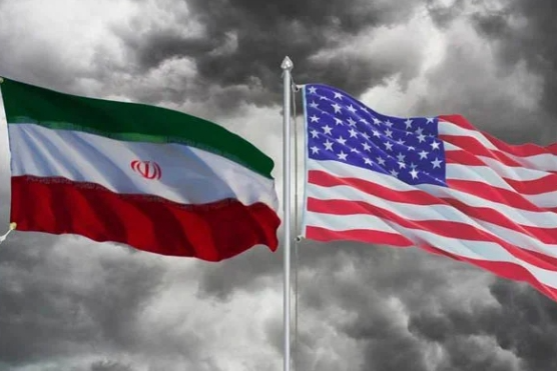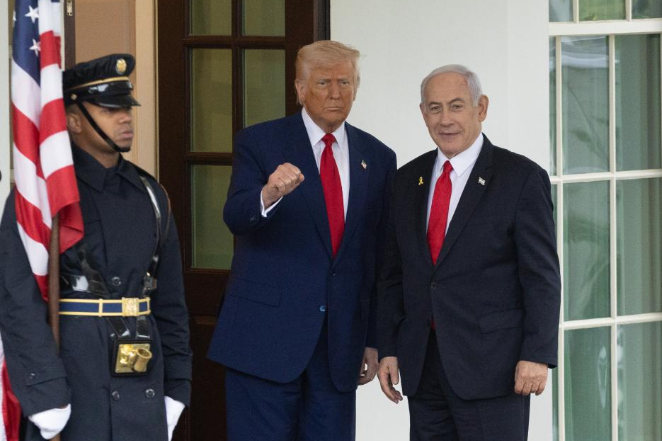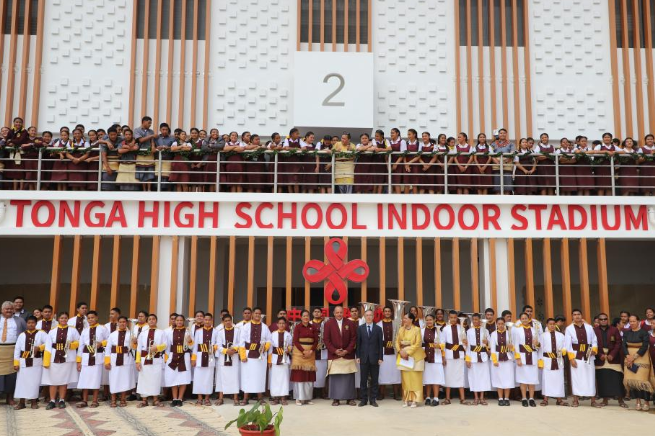US' monstrous defense budget makes no sense

US President Donald Trump two weeks ago made a $716 billion request for national security spending in fiscal 2019, including $686 billion for the Department of Defense.
The fiscal 2019 proposal represents a $74 billion increase, or 10 percent real growth, in Pentagon funding over the amounts set in the continuing resolution levels.
"The United States faces an increasingly competitive and dangerous international security environment, characterized by the re-emergence of great power competition with China and Russia, dangerous new technologies, empowered non-state actors, and the proliferation of weapons of mass destruction," the White House said in its budget document for the Department of Defense.
While Trump and many US lawmakers have advocated and supported the increase in defense spending, polls showed that public views on the issue are divided.
Overall, the US public is split almost evenly across three views of the defense budget. About 34 percent say the federal government is spending too much on national defense and the military, 33 percent say too little, and 31 percent say about right, according to a Gallup poll released on Feb 21.
The proportion of Americans saying too little is being spent on defense declined to 33 percent from 37 percent in the previous two years, according to the poll taken from Feb 1-10.
A random poll on The Tylt, a debate website, showed similar results when respondents were asked if the US spends too much on its military. About 61.3 percent chose FundSchoolsNotBombs, while 38.7 percent chose KeepAmericaStrong.
US politicians like to tout their unrivaled military might in the world, but at the same time also exaggerate the threats posed by other nations and non-state actors such as ISIS when they argue for a large military budget.
That is probably why Chinese Foreign Ministry spokesman Geng Shuang expressed his bewilderment on Feb 14 when asked to comment on US National Intelligence Director Daniel Coats saying the US is confronted with multiple threats posed by countries such as Russia and China.
"The United States is the No. 1 major power in the world with unparallel military might. If the US felt that it was threatened hither and thither, what would other countries do? Shouldn't they feel that the danger just lurked at the doorstep? How could they even survive in that case?" he said.
"I don't know why the United States has such a strong sense of insecurity," Geng said. "I want to stress that there is no such thing as the absolute security under the sun. Moreover, one country's security cannot be achieved at the expense of other countries' security."
Geng is absolutely right. The US spends more on its military than at least the next eight countries, including China and Russia, combined.
The world's largest economy, the US spent 3.3 percent of its gross domestic product on military purposes in 2016, according to the World Bank, compared with China's 1.9 percent.
China's percentage is lower than the 2.2 percent world average. India and Vietnam, two of China's neighbors, spent 2.5 percent and 2.4 percent in 2016, respectively, of GDP on the military.
So China has plenty of reasons to justify increased military spending even without deploying the paranoid US logic.
I am glad that China is not falling into such a trap. China has instead spent much on economic development by building high-speed rails and other much needed infrastructural facilities; by spending on cleaning up the environment and social development; and by investing in the connectivity of regions with the Asian Infrastructure Investment Bank and the Belt and Road Initiative.
The proposed hike in the US defense budget comes at a time when the Trump administration has proposed a deep cut in the budget for the State Department and the US Agency for International Development (USAID), raising concern for some of a growing militarization of US foreign policy.
As the largest developed country, the US is also facing serious challenges on infrastructure, education and healthcare, areas that call for more priority in government spending than the mighty US military.
US politicians have clearly made the wrong decision compared with what the American public demands.

































